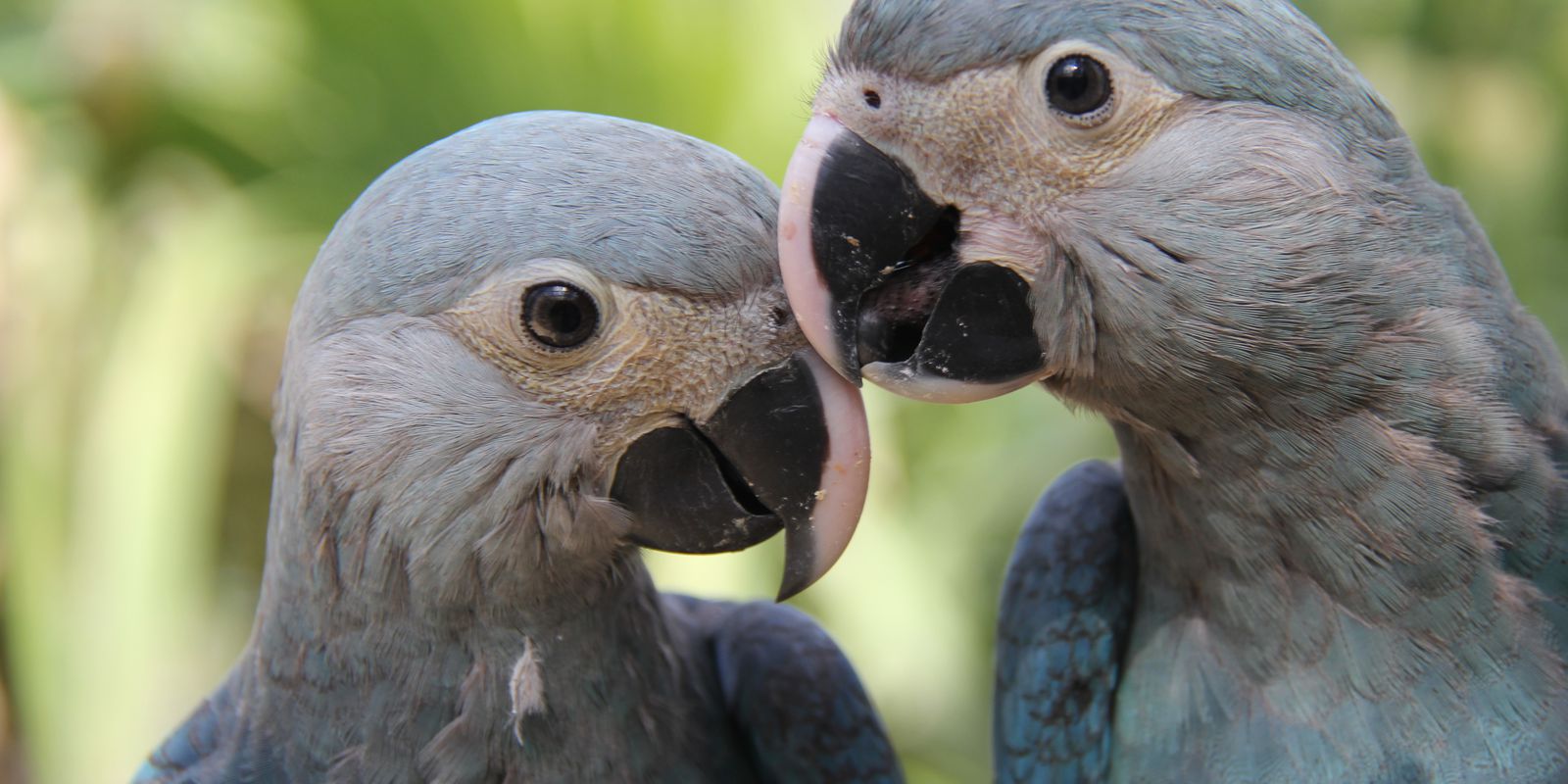The Ministry of Science, Technology and Innovation this week announced the launch of a competition to encourage the sustainable use of biodiversity in Brazil. Called the MCTI/Finep Biodiversity Award, the initiative has a partnership with the United Nations Educational, Scientific and Cultural Organization (Unesco), the Financier of Studies and Projects (Finep), the National Council for Scientific Development and Technology (CNPq) and the Teaching and Research Network (RNP).
According to a statement from the folder, the award will have two categories: academic production and technological development and innovation. The first will be aimed at students and researchers of all levels who produce scientific research involving the sustainable economic exploitation of biodiversity. The second is aimed at civil society in general and will award civil society citizens in general, even outside the university and research environment, who present practical actions and projects focused on the same theme, sustainable economic exploitation.
The award is the same for both categories. First place in each will receive R$15,000; second place will receive R$7,000 and third place will be awarded R$3,000.
“It is a great satisfaction for us to participate in this award. Unesco has traditionally supported several initiatives that recognize good practices linked to science, technology and biodiversity in the country”, said the coordinator of Human and Social Sciences and Natural Sciences at Unesco, Fábio Leon, during the event to launch the award.
Entries for both categories of the MCTI/Finep Biodiversity Award are now open, and interested entries will be received by March 4, 2022. The final result of the contest will be published on April 19, 2022. Applications can be made here..
Biodiversity
Classified as mega-diverse, Brazil is the natural habitat of about 46,000 species of plants, more than a thousand varieties of amphibians and about 750 mammals – numbers that represent something around 10 to 20% of the world’s biodiversity. All Brazilian species, both fauna and flora, are cataloged in the Information System on Brazilian Biodiversity (SiBBR) – a digital platform managed by the MCTI that organizes and stores Brazilian species and serves as a basis for researchers and entities.














